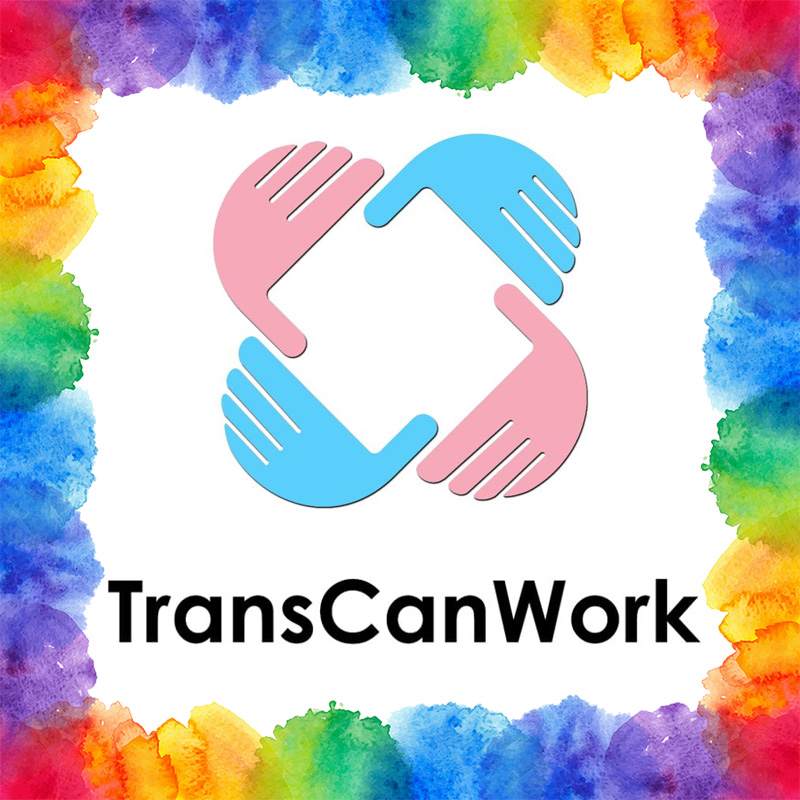Give Basic Human Rights and Job Security to All Americans, Says Award-winning Equal Rights Activist Toni Newman June 11, 2024 – Posted in: News, Press

Comfortable living is a monthly budget that allocates 50% of earnings for necessities like housing, food, and utilities, 30% for entertainment and pleasure, and 20% for savings. To live comfortably in the US, a single person needs to earn $89,461, nearly $30,000 more than the US median income of $60,000. The situation is even more dire in metropolitan areas, where the necessary salary for comfortable living often exceeds the six-digit mark. While these trends highlight a nationwide issue all Americans struggle with, individuals burdened by societal biases and gender, sex, and racial discrimination are less likely than white cis-gender people to earn a satisfying income.
As the US white population decreases (57.8% in 2020, down from 63.7% in 2010), addressing challenges awaiting People of Color in the workforce is imperative. When scrutinizing unemployment rates from a racial standpoint, the gap is evident, with 5.6% Black and 5% Hispanic or Latina citizens unemployed, compared to the 3.4% white and Asian people. Discrimination is also present among those with no high school diploma; as of February 2024, 6.1% of those aged 25 or more were unemployed. Within the same age and education group, the highest unemployment rate was found amongst Black people at 9.3%.
Even for those People of Color who navigate through the complexities of hiring processes and sign a contract, employment is more demanding and less rewarding than for their white counterparts. What statistics tell us is that the median income for Black households in 2022 was 32% lower than that of white households. Moreover, 85% of the country’s wealth, the equivalent of $120.4 trillion, was held by white Americans, compared to only 4% – $4.9 trillion – held by Black Americans, despite representing 59% and 14% of the population, respectively.
Discrimination persists, bleeding into sex stereotypes. According to research, 76% of implicit biases associate women with nurturing and caring traits, while men are associated with competency and strategic thinking. According to Toni Newman, Board Member of Trans Can Work and an avid believer in workplace equity, these stereotypes hinder not only females’ careers but also deprive organizations of a chance to improve by overlooking the qualities women bring to the table.
In 2023, women’s wages equaled 83.6% of men’s, showcasing a crystal-clear trend present in the workforce. Moreover, both men and women ask for pay raises at the same rate, but the latter receive them 7% less often. Though women over the age of 16 make up 55.4% of all US employees, their presence in C-Suite and managerial roles is overpowered by men. As of January 2023, only 10.6%, or 53 women, fulfilled CEO roles at Fortune 500 companies. In C-Suite, only 25% of women are leaders; that number drops drastically to around 6.25% for Women of Color.
Despite these biases, women seem to achieve better results and continuously improve. Women receive higher education degrees more than men and are twice as likely to implement DEI strategies as senior-level employees. These disparities transcend the glass ceiling, with most sexual harassment charges (78%) between 2018 and 2021 being filed by women.
Other than race and sex, gender biases, especially for LGBTQIA+ communities, are prevalent in many workplaces. A study from the CIPD found that 40% of LGBTQIA+ employees, compared to 29% of heterosexual and cis-gender staff – experienced conflict related to harassment, abuse, and discrimination. These biases make it challenging for LGBTQIA+ Americans to obtain jobs with a living wage, with 8.9% reporting being fired or not hired because of their nonconforming sexual orientation or gender identity. For employers, this discrimination leads to low retention, with 34.2% of LGBTQIA+ employees admitting to having left a job because of how they were treated in the workplace.
“In this era, if you don’t have a job, you can’t survive,” stresses Toni. “A job is the foundation of life, allowing people to satisfy basic needs and flourish.” At Trans Can Work, Toni and a team of dedicated experts focus on spreading awareness and educating potential employees and employers on creating more inclusive workplaces. Though the nonprofit specializes in TGNC (Transgender and Gender Nonconforming) rights, it advocates for all Americans, regardless of sex, race, or gender, to receive equal opportunities.
For the impact made over the years, Toni was honored in The Leaders Globe Magazine’s cover story of The 10 Most Influential Black Leaders to Watch in 2024. She was also named the 2024 Anthem Awards Gold Medal Nonprofit Leader of the Year for Diversity, Equity, and Inclusion. Recently, it was announced that Toni will be honored by the National Bar Association’s LGBTQ division and receive the Exemplary Service Luminary Award in Las Vegas this July at Caesars Palace.
Central to the Trans Can Work mission vision are five essentials fusing into the winning recipe: equal opportunity, inclusive workplaces, supportive policies, education and awareness, and career development. “Once we start recognizing people based on their qualifications and education, the world will improve. That is exactly Trans Can Work’s mission—striving for a world where all barriers are dismantled, and every American can enjoy a life of job security and satisfaction.”